All mothers in the world want to give the best to their child from the first days of their life. While during pregnancy proper nutrition of the mother is of paramount importance to obtain essential nutrients from the fetus, after birth the issue of diet for a breastfeeding mother becomes even more relevant.
The aspects after childbirth become two - how, through healthy nutrition, the mother can ensure both the quantity and the quality of her milk for the baby.
A woman's body stores fat during pregnancy. After birth, breast milk is produced both from these reserves and from the food the mother consumes. During the breastfeeding period, a woman needs an additional 450-500 calories per day to provide her baby with nutritious breast milk.
Additional calorie needs are highest during the first four to six months while the baby is exclusively breastfed. When the baby starts eating solid food, these extra calories may disappear.
The concept of nutritional breast milk
The composition of breast milk is unique to each mother and varies not only according to individual characteristics, but is different even in individual parts of the day. Each mother's breast milk is just right for her child, but sometimes due to exhaustion of the body during pregnancy or other reasons, breast milk may not be sufficiently complete to provide all the important substances necessary for proper growth of the newborn.
Balanced nutrition of the breastfeeding mother is what favorably affects both the quantity and the quality of breast milk, so that it is truly nutritious and meets the needs that an intensive growth, such as the one in the initial months, requires the mother.
Often during pregnancy, a woman finds out which foods are good for her. At the same time, there are proven effective foods to stimulate the production of breast milk. Here are some food recommendations.
Recommendations for diet during breastfeeding
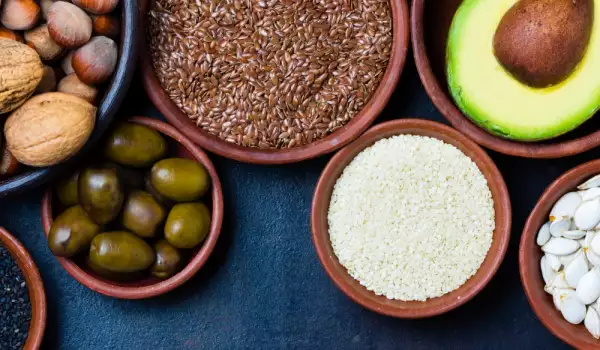
- At least one-third of the daily protein intake should come from foods of animal origin, such as fish, meat, milk and eggs. Meat also satisfies the high needs of vitamin B, iron and zinc;
- Omega-3 fatty acids are important for the development of the baby's brain and eyes. Fatty sea fish 2-3 times a week is suitable. Good sources of healthy fatty acids are also olive oil and pumpkin oil, flaxseed, sesame seeds and pumpkin seeds;
- Calcium is important for the proper development of the baby's bones and is mainly contained in milk and milk products, sardines, tofu, sesame paste;
- Getting vitamin C is important. Fresh fruit and vegetables are suitable for the purpose and for vitamin B you can rely on whole grain cereals and meat;
- Iodine is very important for babies, so consuming foods seasoned with iodized table salt will provide these needs;
- During breastfeeding, the need for vitamins D, E and A also increases. Good nutrition during pregnancy is enough for most of them and for vitamin D you can rely on the sun;
- Predominance should be given to freshly cooked food. Fried, processed and smoked meat, as well as undercooked meat, should be avoided.
Suitable foods for breastfeeding mothers

Maintaining a balanced breastfeeding diet is important because the mother's natural stores will need to be fully replenished. In numbers, this means that a nursing mother's body needs 5 portions of fruit and vegetables per day, carbohydrates such as rice, bread, pasta are also a must for the daily diet, as whole grains ensure satiety for longer and contain good fiber. You also need 2-3 servings of protein, obtained from meat, eggs, fish, beans and other legumes, as well as low-fat milk.
Healthy meals, especially in the first few weeks, are very important. It's good to always have healthy snacks on hand to satisfy hunger, such as hummus, yogurt, whole-wheat bread, dried apricots, ready-to-eat soups, baked potatoes, avocados, and unsweetened cereals, as well as other favorite foods.
Foods to avoid while breastfeeding
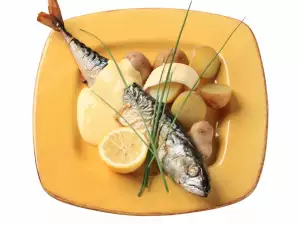
Eating oily fish such as salmon, mackerel, sardine, trout and fresh tuna is recommended and beneficial for the health of a nursing woman, but no more than two servings per week should be consumed because of the risk of mercury content in them is large due to pollution in the seas and oceans. Canned tuna is not considered a portion of fatty fish because the good fats are lost in the canning process.
Many mothers believe that eating certain foods makes their baby restless, but there is very little scientific evidence to support this claim. The list includes onions, cabbage, garlic and Brussels sprouts, especially if consumed in large quantities, citrus fruit, tomatoes and fizzy drinks. If any problem arises after consuming a certain food, it is correct to remove it from the menu temporarily.
Practical tips for a diet while breastfeeding
- Regular meals and breakfast are important, the mother must find time for herself;
- Various food is a key point, because the bouquet of smells and flavors in breast milk will help the baby to eat solid foods more easily later;
- Fruit and vegetables are particularly important in a breastfeeding mothers' menu because they contain the necessary minerals and vitamins;
- Fast foods are not an option, as well as ready-made foods with artificial colors, sweeteners and other additives;
- Hydration is important, thirst is one of the symptoms of the oxytocin reflex. Drinking fluids is beneficial for breast milk;
- Vitamin B is an essential vitamin for nursing mothers, it stimulates milk production. It is present in yeast and whole grains, so they are recommended;
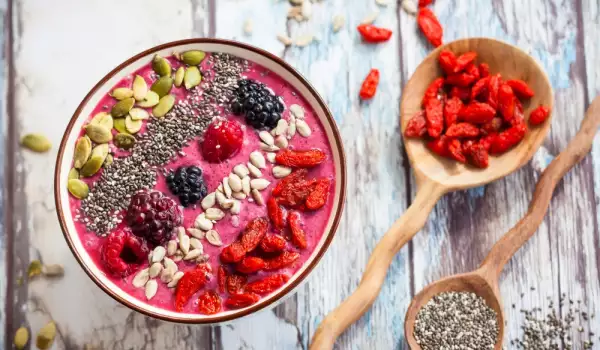
- Losing weight, which is the goal of every woman who has already given birth, should be postponed until after breastfeeding. If this option is not accepted, it can be started by avoiding certain foods or by taking less food in quantity, but it should not be forgotten that such an approach can have a negative impact on breastfeeding.
Many mothers are can't wait to get their slim figure back and fear that breastfeeding will delay their return to their desired pre-pregnancy weight to feel good in their own skin again.
In fact, breastfeeding stimulates the burning of fat that has accumulated during pregnancy, all that is needed is patience and thinking about the best for the baby.
The guiding thought when choosing the breastfeeding mother's menu is that each organism is unique and each mother can find for herself a different combination of breast milk-stimulating foods.
Functional foods, which support general health and act preventively, are the basis on which it is good to step in the preparation of the personal menu. Enjoyment of food is also an important element of good food choices.
The satisfaction of the daily meals experienced by the mother's body will be transmitted through the breast milk to the baby and this will support the process of solid food feeding, which is very important for the small organism.






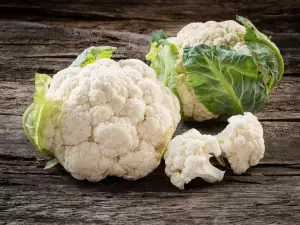






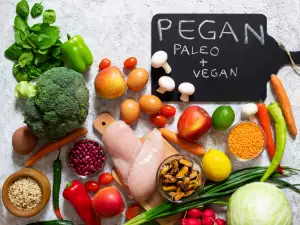






Comments